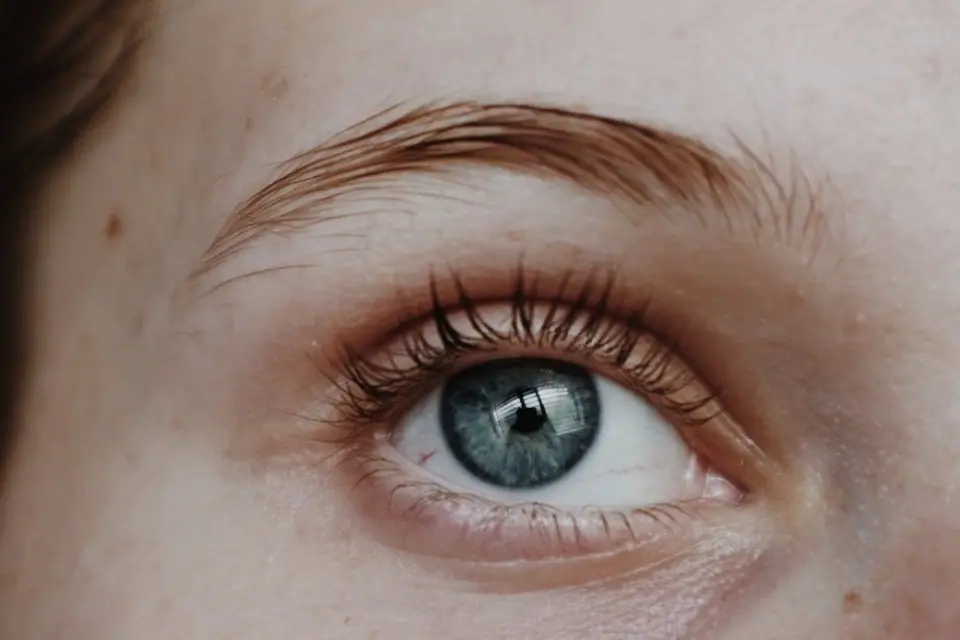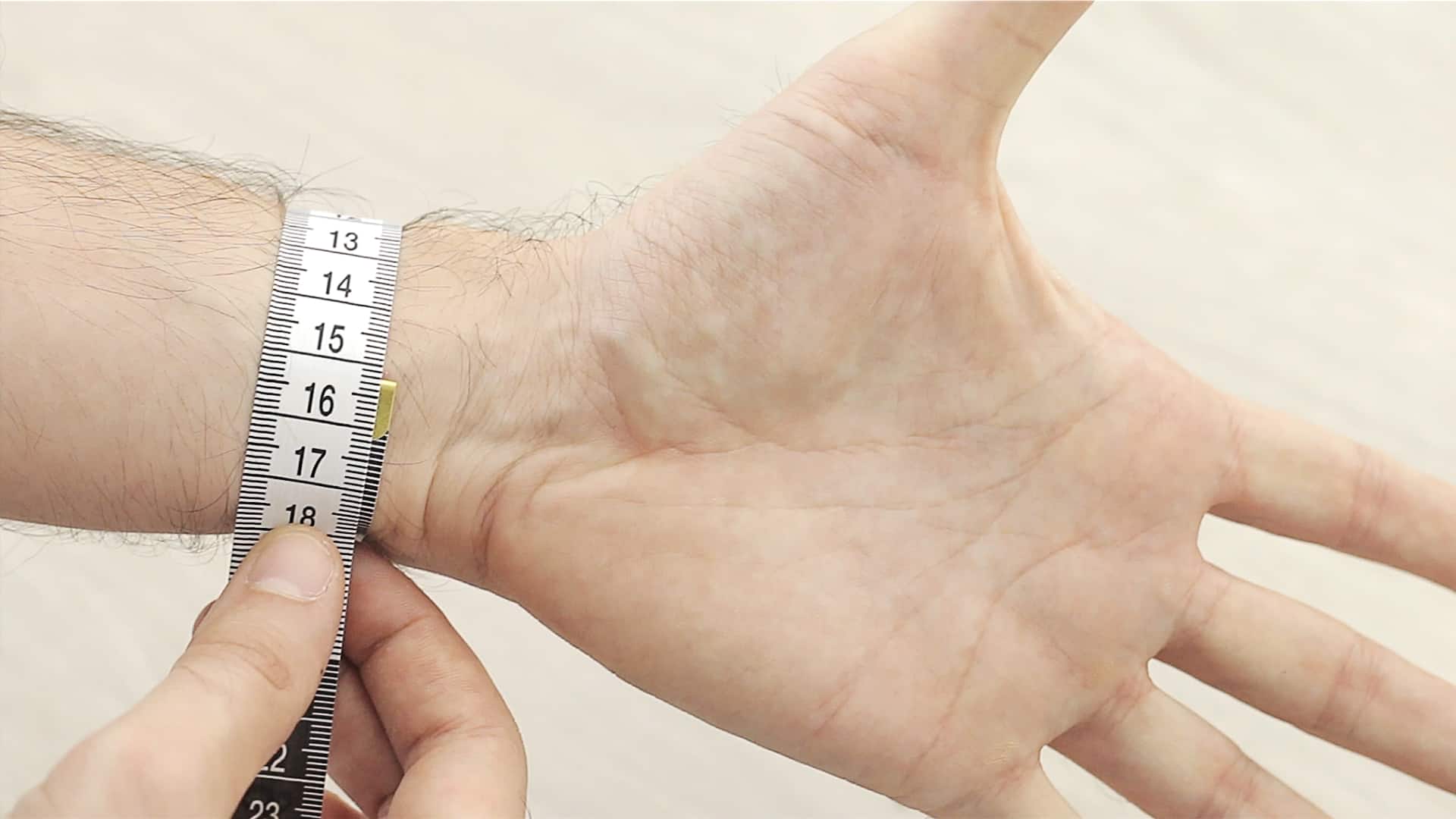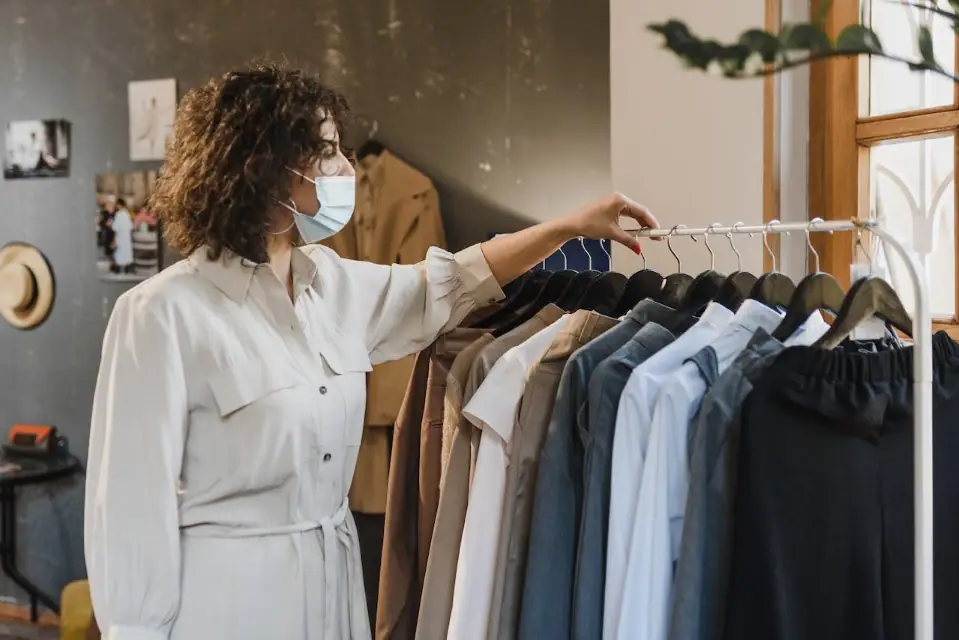Eyelid surgery, also known as blepharoplasty, is a popular cosmetic procedure that can enhance the appearance of your eyes and rejuvenate your overall facial aesthetic. Whether you’re considering eyelid surgery for cosmetic or medical reasons, it’s essential to understand the qualifications and prerequisites for this procedure. In this comprehensive guide, we will walk you through the criteria you need to meet to qualify for eyelid surgery, along with some frequently asked questions related to the topic.
Qualifying for Eyelid Surgery
Eyelid surgery can address a variety of concerns, from sagging skin to puffiness, and it can be performed on the upper eyelids, lower eyelids, or both. To ensure that you qualify for this procedure, you should consider the following factors:
1. Physical Health
Your physical health is a crucial factor in determining your eligibility for eyelid surgery. Surgeons typically require their patients to be in good overall health. This includes being free from any significant medical conditions that could increase the risk of complications during or after the surgery. Conditions such as uncontrolled diabetes, heart disease, or high blood pressure may affect your candidacy.
2. Realistic Expectations
Having realistic expectations is essential when considering eyelid surgery. While this procedure can produce remarkable results, it’s important to understand its limitations. Discuss your goals and desires with your surgeon during the consultation to ensure that they are achievable through blepharoplasty.
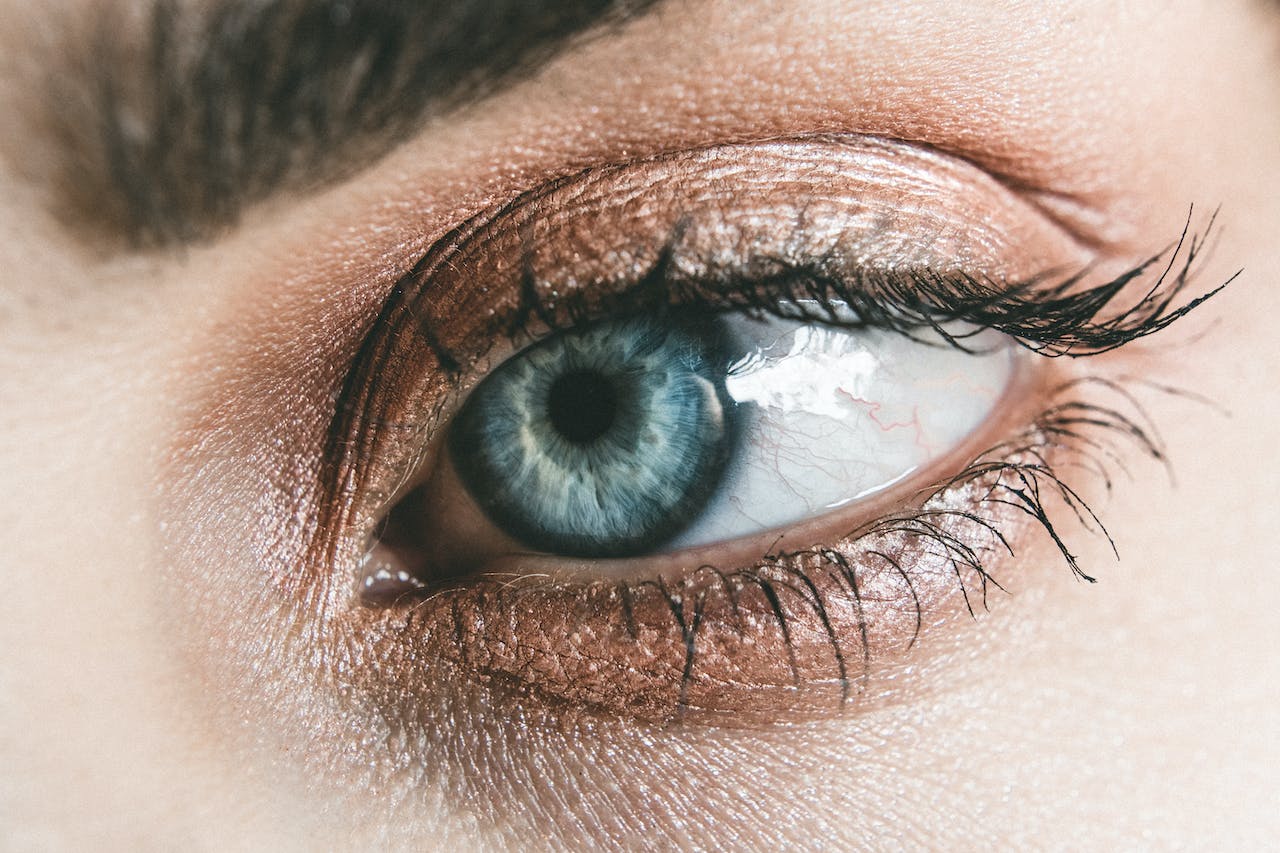
3. Eyelid Concerns
You should have specific concerns related to your eyelids that you want to address through surgery. Common issues that eyelid surgery can correct include excess skin, drooping eyelids, puffiness, and bags under the eyes. Your surgeon will assess your concerns and determine whether the procedure is suitable for you.
4. Age Consideration
Eyelid surgery is not limited to any specific age group, but the reasons for undergoing the procedure can vary. While some individuals opt for eyelid surgery to address age-related changes, others may have genetic predispositions to eyelid issues. Your surgeon will evaluate your unique situation and recommend the best approach.
5. Consultation with a Board-Certified Surgeon
To determine if you qualify for eyelid surgery, it’s imperative to schedule a consultation with a board-certified plastic surgeon who specializes in facial procedures. During the consultation, your surgeon will examine your eyelids, discuss your goals, and review your medical history.
1. Is eyelid surgery covered by insurance? Eyelid surgery is typically considered a cosmetic procedure and is not covered by insurance. However, in some cases where the procedure is performed to correct visual impairments caused by drooping upper eyelids, insurance coverage may be possible. You should consult with your surgeon and insurance provider to determine eligibility for coverage.
2. How long is the recovery period for eyelid surgery? The recovery time for eyelid surgery varies from person to person, but most patients can expect some swelling and bruising for the first week or two. Full recovery typically takes a few weeks, but you should be able to return to your normal routine within 10 to 14 days.
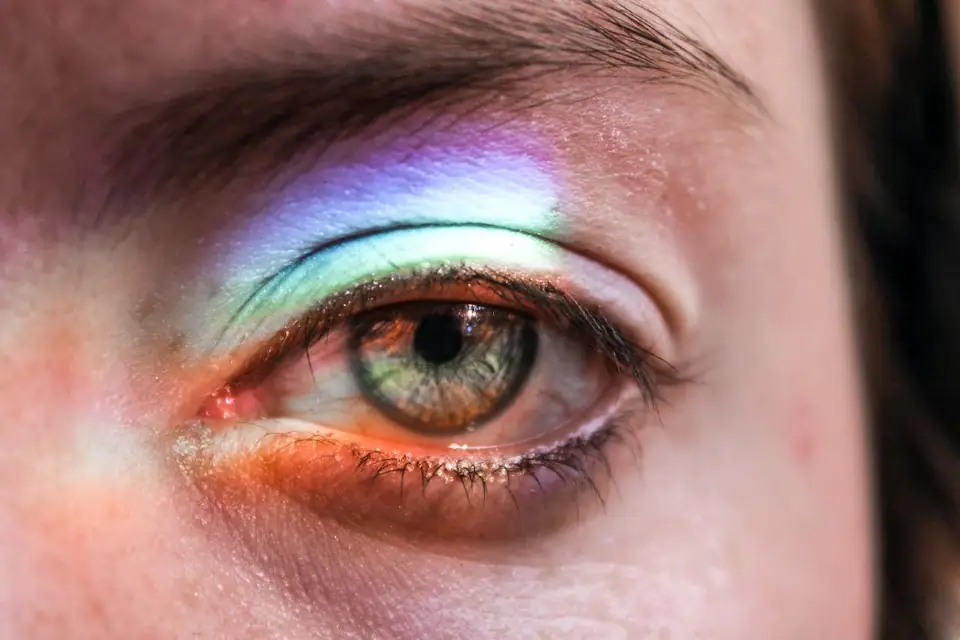
3. Are there non-surgical alternatives to eyelid surgery? Yes, there are non-surgical alternatives, such as Botox and dermal fillers, that can help improve the appearance of the eyelids by reducing wrinkles and fine lines. However, these options have temporary results and may not be suitable for all eyelid concerns.
4. Can I combine eyelid surgery with other cosmetic procedures? Yes, many patients choose to combine eyelid surgery with other cosmetic procedures, such as facelifts or brow lifts, to achieve a more comprehensive facial rejuvenation. This can be discussed with your surgeon during your consultation.
5. What are the potential risks associated with eyelid surgery? Like any surgical procedure, eyelid surgery carries certain risks, including infection, scarring, and unfavorable aesthetic outcomes. However, when performed by an experienced and board-certified surgeon, the risks are minimized. It’s important to discuss these potential risks and complications with your surgeon during your consultation.
Conclusion
Qualifying for eyelid surgery involves several considerations, including your physical health, realistic expectations, specific eyelid concerns, age, and consultation with a board-certified surgeon. It’s crucial to be well-informed about the procedure, understand what it can and cannot achieve, and discuss your goals with a qualified surgeon. If you meet the necessary criteria and have a clear understanding of the process, eyelid surgery can be a highly effective way to enhance your appearance and boost your confidence. To determine if eyelid surgery is right for you, consult with a trusted plastic surgeon who can provide personalized guidance and recommendations tailored to your unique needs. Your journey to brighter, rejuvenated eyes may be closer than you think.

